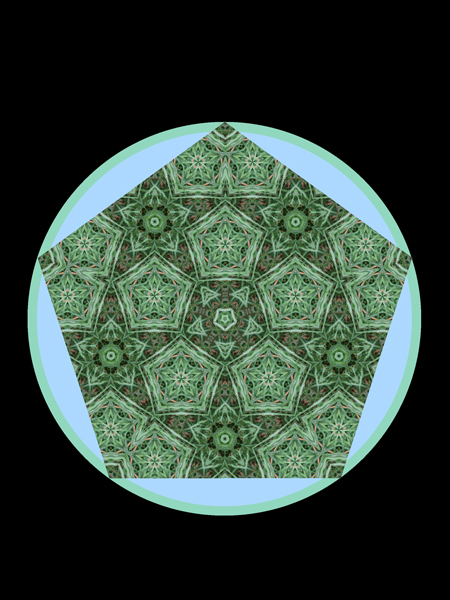Ratchets
I first became aware of ratchets when I was a young man fixing my trucks and cars. They were so convenient. You didn't have to take the wrench off the nut as you turned it. With the ratchet if you turned the wrench one way it would turn the nut and if you turned it the other way it wouldn't. This would progressively remove or tighten the nut. There was even a knob to turn to go from tighten to loosen mode. It's a very simple mechanism – you have a toothed wheel that engages a pawl if you turn it one way but where the pawl slips over the tooth if you turn the other way.
I didn't realize it at the time – but that wrench could be used to turn random rotation into directed rotation. In fact that's what I was doing without realizing it. In recent years researchers have used this principle to make nanomotors – small machines at a molecular scale that turn and produce torque that are driven by random thermal vibrations. Every time the motor is jigged by being struck by a thermal vibration it turns but when it is jogged it doesn't. It's the imbalance between the effect of being jigged as opposed to jogged that produces the rotary motion.
Consider that – out of random motion we get directed motion when a certain situation applies. Yeah yeah you may wonder – big deal. So what if somebody invents a ratchet? People invent things all the time. Turns out that it is a big deal because it's a very general situation that happens all the time in reality with important consequences.
Let me present the situation abstractly: With a ratchet you have a situation where change in one direction is easy while change in another direction is hard. In that situation then random change will be transformed into directed change – as long as the ratchet is in place then change has to go in a certain direction. According to Big Bang theory the start of the universe produced equal quantities of matter and antimatter. Matter and antimatter mutually annihilate. Why is there any un-annihilated matter? Nobody knows for sure but the speculation is that the other laws of nature act like a ratchet. Even though matter and antimatter may be equivalent to each other maybe they aren't equivalent in the perspective of other aspects of reality – like say the Higgs Field. I don't know if that is the case at all, but let's suppose it is for a moment. The universe is thought by science to have certain properties that we think of as something like Laws of Nature. When I was in university we did something called dimensional analysis to check that we had derived our equations correctly. This merely meant reducing each side of the equation to it's basic dimensional units; stuff like mass, charge, velocity..I’d now add a few other items to that very small list - stuff like the properties of quarks - but the list is still very small when you talk about dimensional units. But the amazing thing is that everything we know about physical reality can be expressed in terms of pretty simple laws acting on a very limited number of variable properties.
And so the ratchet idea here is that the interactions of those other properties mean that matter and antimatter are not completely mutually annihilating. There is a ratchet and so we end up with a universe filled with matter. Natural Selection is an obvious ratchet. The various sources of variation in Natural Selection are pretty random. But instead of the resulting variation in phenotypes being random, it is progressive. Natural Selection has a pawl in it, just like my wrench did. That's what the selection pressure part of Natural Selection is about. Not all the variants will reproduce as well – the ones who reproduce better will populate the future with replicants like them. And just like with my wrench, change the nature of the selection pressure and the line of progression will change it's direction.
Perhaps thinking in terms of ratchets can illuminate some philosophic issues. For instance – how can we rely on our knowledge? On what basis do we take it as true? After all, we have vivid and pretty unconstrained imaginations even at our best. And we know all about how we are prone to dreams and hallucinations and all kinds of illusions. Philosophers have worried how is it possible for us to make sense of anything at all in that situation. They have tried desperately to ground knowledge in stuff that must be true for some transcendent reason. But perhaps the reason we trust our knowledge is because of a ratchet rather than transcendence. In the noise of the random thoughts that we have about reality only some stick. They are memorable or they work or whatever. The point is that the thoughts that we have that correspond with reality just plain stick around in our minds. The ones that don't just slide out of the mind. In a situation we just HAVE to trust the knowledge we have – if it wasn't trustworthy somehow we wouldn't have it to think about. This doesn't mean that all the knowledge we come to trust is actually true in a physical sense. For instance, those of us who converse across our current political and social polarity know lots about the ideas that the people we talk to have. That's a part of our knowledge – we can be right about things that are wrong.
It gets complicated.

Grass